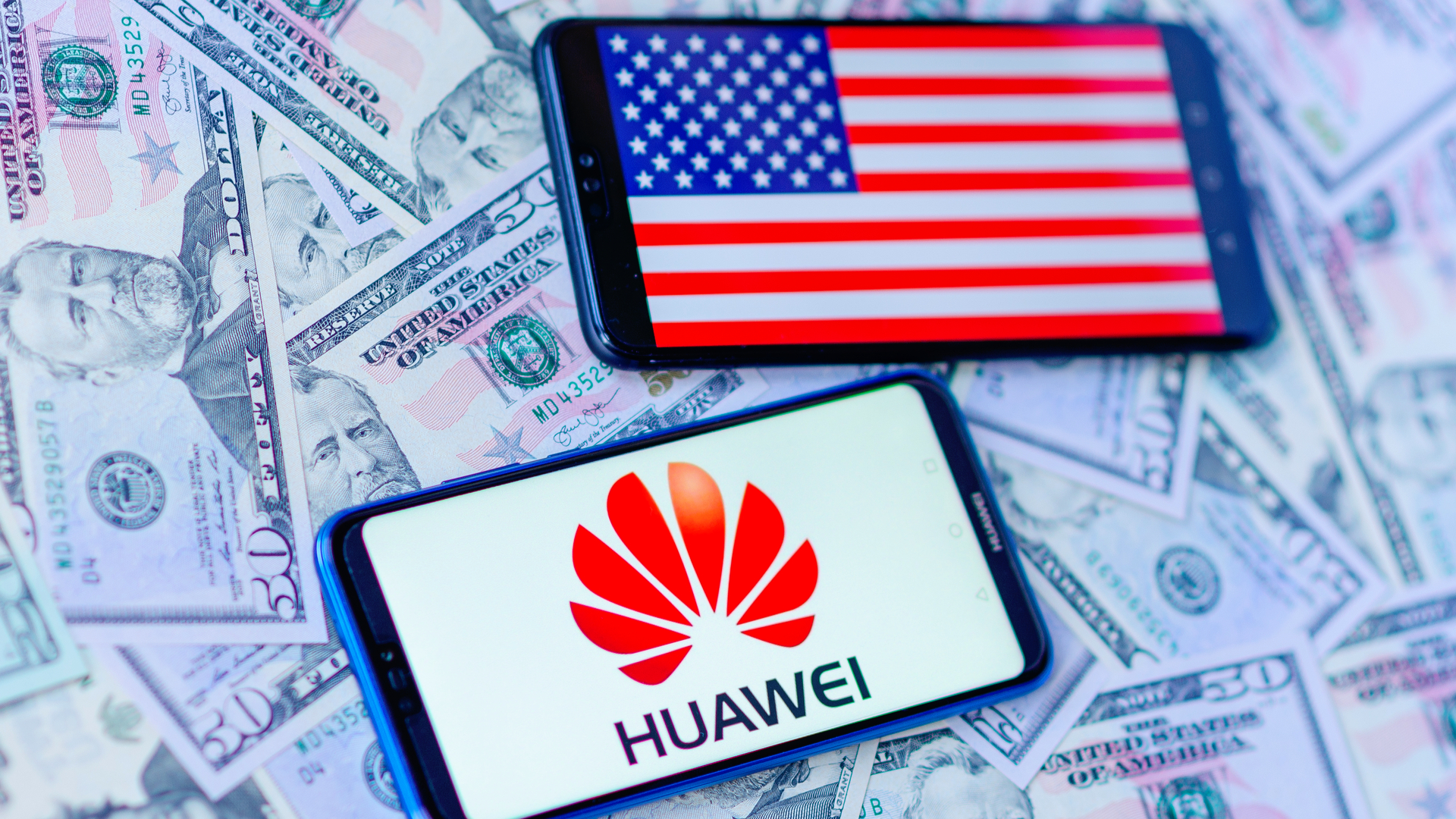Huawei’s Twitter diatribe blasts the US government
The string of emphatic tweets allege illegal action taken by the FBI and other law enforcement bodies


An official Huawei Twitter account has posted a strongly worded series of tweets which allege that the US government has illegally taken action against the company and its employees.
The embattled Chinese tech firm, which has fielded a barrage of allegations relating international cyber-espionage over the past year claims that "the US government is trying to disrupt Huawei's operations with every tool at its disposal".
According to list which Huawei released, the US has instructed law enforcement to "threaten, menace, coerce, entice and incite current and former employees" to turn against their employer and help efforts to "disrupt" Huawei.
Law enforcement has also allegedly searched, detained and arrested Huawei employees and partners unlawfully, as well as pretending to be Huawei employees to "establish legal pretence for unfounded accusations against the company".
Huawei also accused the US of launching cyber attacks on the company's intranet and internal IT systems, without speculating a reason as to why.
Launching cyber attacks and gaining unauthorised access to a computer is illegal in the US under the Computer Fraud and Abuse Act.
The company also alleges that the FBI went to the homes of Huawei employees with the goal of pressuring them into giving up information on the company.
Get the ITPro daily newsletter
Sign up today and you will receive a free copy of our Future Focus 2025 report - the leading guidance on AI, cybersecurity and other IT challenges as per 700+ senior executives
It's not often that Huawei goes public in response to allegations made against the company other than with official statements worded in much more neutral tones than these tweets.
It also took aim at the Wall Street Journal for an article it published on 30 August 2019 which alleged the US Department of Justice (DoJ) probed Huawei in relation to the possible theft of smartphone camera patents.
"These allegations are false," said Huawei in a statement.
The allegations stem from a case brought against Huawei by Rui Pedro Oliveira who claims Huawei stole his patented panoramic smartphone camera which he pitched to the company in person during a 2014 meeting with Huawei's US subsidiary.
Three years after this meeting Huawei went to market with its EnVizion360 camera but is confident that its design differs substantially from Oliveira's.
"Huawei categorically rejects Mr Oliveira's claims of patent infringement, and has provided detailed documents in support of its stance," it said.
"Nevertheless, Mr Oliveira proceeded to feed a false narrative to the media in an attempt to tarnish Huawei's reputation.
"He made further efforts to exert pressure on Huawei through senior government officials, trying to make the company cede to his demands and hand over large sums of money," Huawei added.
IT Pro has contacted the US DoJ for a statement but it had not responded at the time of publication.
According to experts speaking to CNBC, Huawei "would have no choice but to hand over network data to the Chinese government if Beijing asked for it, because of espionage and national security laws in the country," yet the Asian economic powerhouse has denied it would make such a demand.
While Huawei has tried to debunk the theory, reports from the UK's National Cyber Security Centre (NCSC) have consistently placed criticism on the security of Huawei's telecoms equipment - which is estimated to comprise 60% of all worldwide telecoms infrastructure.

Connor Jones has been at the forefront of global cyber security news coverage for the past few years, breaking developments on major stories such as LockBit’s ransomware attack on Royal Mail International, and many others. He has also made sporadic appearances on the ITPro Podcast discussing topics from home desk setups all the way to hacking systems using prosthetic limbs. He has a master’s degree in Magazine Journalism from the University of Sheffield, and has previously written for the likes of Red Bull Esports and UNILAD tech during his career that started in 2015.

